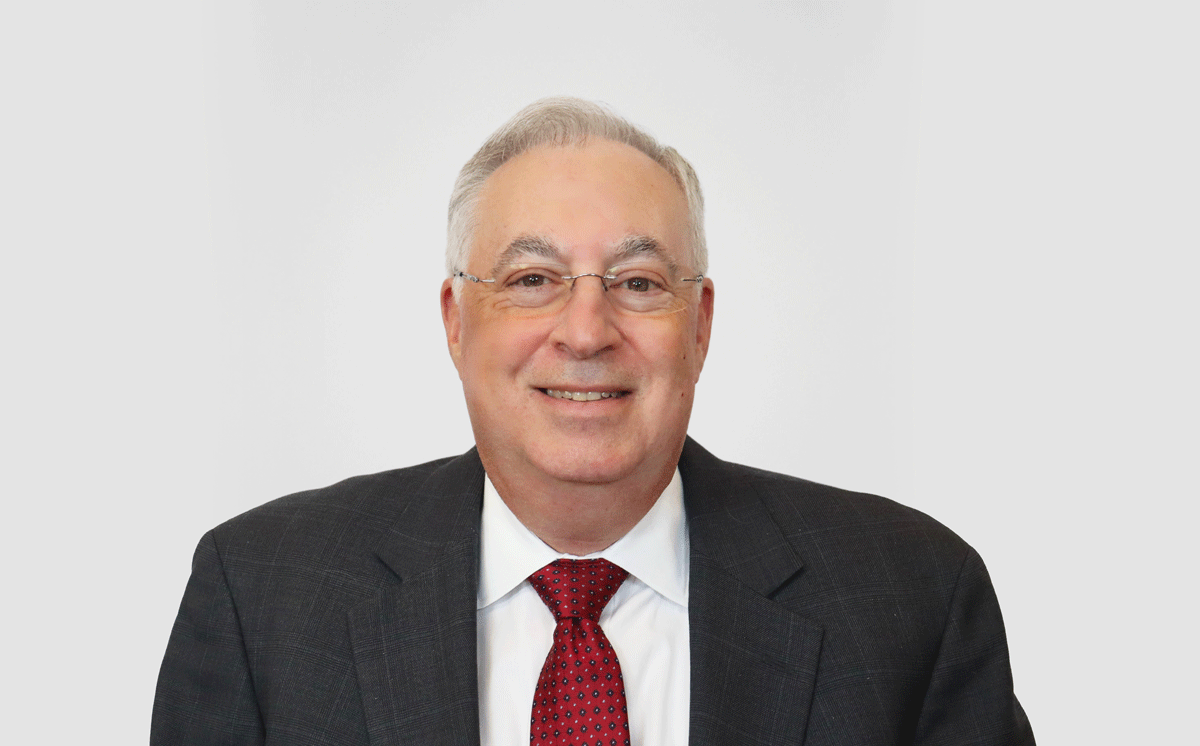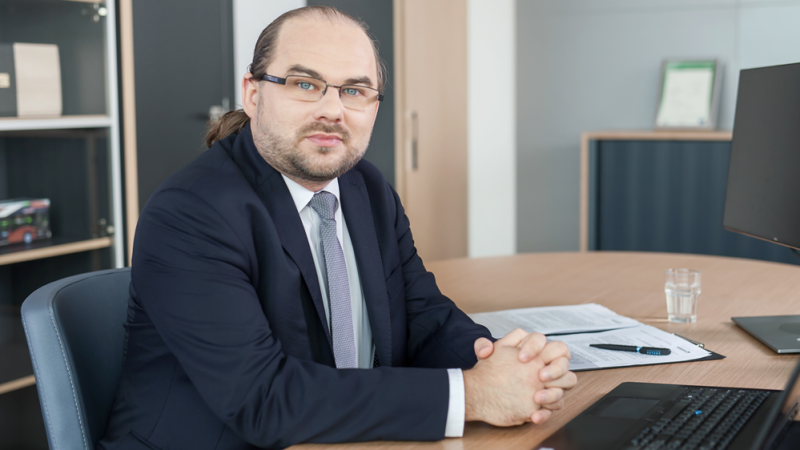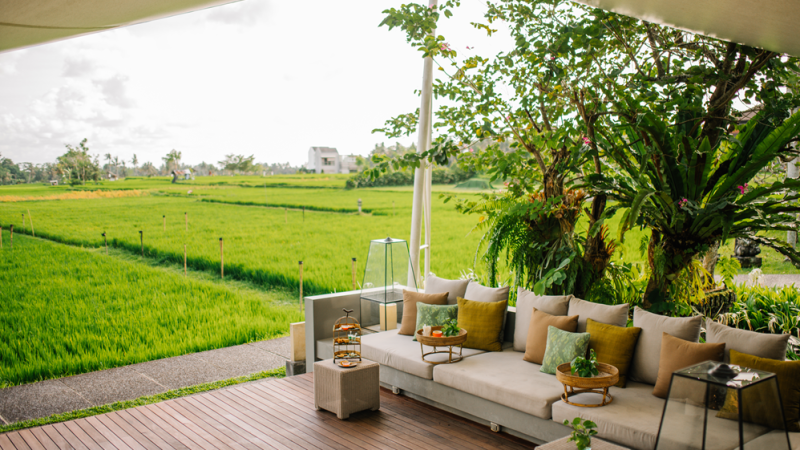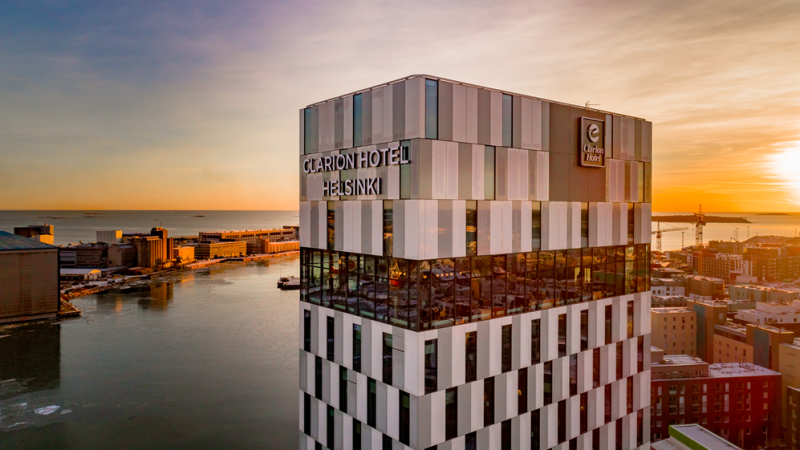Backed by over 100 years of top-rated service as the Hebrew Home at Riverdale, with dozens of accolades, RiverSpring Living supports the health and well-being of older New Yorkers living both in the community and on its 32-acre Riverdale campus.
The company offers a wide variety of planned, new, and existing apartments, including independent living, assisted living and memory care. Besides the residential options, RiverSpring Living also offers a full continuum of health services such as home care, short-term rehabilitation, and long-term care.
“We have about 2500 employees who service the five boroughs of New York City, providing care for about 18,000 individuals,” says David Finkelstein, RiverSpring Living’s CIO. He explains that since he joined the organization in 2012, it has implemented fundamental changes, growing from a $300 to $400 million business to having an operating budget of about $1.2 billion.
“We have dramatically reduced our reliance on our nursing home business because the need has diminished – people want to stay more in their homes and come into the nursing home for transient periods only, such as after a knee or hip replacement, making use of short-term rehabilitation before going home.”
“On the other hand, over the last three or four years, we have increased the number of units in our independent and assisted living, trying to diversify our revenue stream away from government funding and more into private insurance and private funding. That has helped the organization grow.”
He further acknowledges that RiverSpring Living has gone through a remarkable transformation over the last few years, embracing digitisation and sustainability with a single objective – to make residents’ as well as employees’ lives easier and more enjoyable. “A recent sizeable donation by a former resident’s family, specifically designated for technological improvements, enabled us to make investments in some of the latest innovations.”
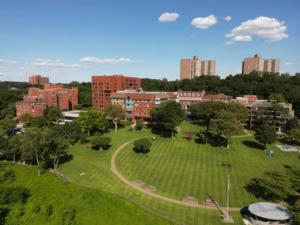 Embracing technological advancement
Embracing technological advancement
One of the first projects was to support patients in short-term rehabilitation, e.g. after a knee or a hip replacement. To this end, the company acquired Zero G, a dynamic body weight support system that lets patients conduct a wide variety of therapies without the fear of falling. “The device not only reduced the number of therapists needed but helps residents to feel much more confident, reducing recovery time.”
An investment was also made in a new nurse-call system with a view to significantly reducing response times, a highly important aspect of the resident experience. When a resident presses the button, an alert is immediately sent to mobile phones carried by staff allowing them to triage the calls and take whatever action is needed. As a result, response time has been reduced to less than 2 minutes.
Virtual reality is another area that can significantly enhance residents’ lives. “We use virtual reality not only to take residents to their desired locations around the world but also to support safe discharge. We ask family members of rehabilitating residents to take pictures of the resident’s home, we upload those into the headset, and will walk the resident virtually through their home, pointing out areas with unsafe conditions. That has helped us reduce the number of accidents and readmissions.”
Last but not least, even a simple task like taking blood can be significantly improved with the latest technology. RiverSpring Living uses a vein illumination device which, using infrared light, enhances the visibility of veins and makes venepuncture procedures easier. “The device makes staff much more efficient in what they do by using a very simple piece of technology, which, needless to say, again significantly improves the resident experience,” says Finkelstein.
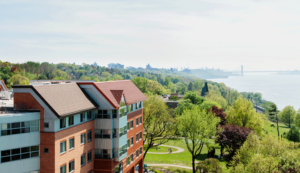 River’s Edge
River’s Edge
RiverSpring’s latest project is River’s Edge, New York City’s first and only Life Plan Community, a combination of an insurance product, healthcare organization and residence. The world-class luxury community is being developed on Riverdale’s 32-acre campus along the Hudson River. The park-like campus, located just minutes from Manhattan, has been designed for adults age 62+, and offers high-end apartments and resort-style amenities.
“River’s Edge is an independent living development, consisting of a high-end experience with a saltwater pool, dining venues, a chef’s kitchen, Pilates and yoga studios, and a healthcare clinic. Seniors can meet their peers of a similar age and enjoy similar activities,” says Finkelstein. “Then, as their healthcare needs change, they have an entitlement to come into our assisted living, or into our skilled nursing over the rest of their life.”
River’s Edge will consist of 260 units of which 170 have been pre-sold. “Once a few more units are sold, we can start construction which is expected to take 2.5 years. The plan is for River’s Edge to open in 2027,” says Finkelstein, explaining that the project has three phases and once the first 260 units are filled, more are to follow.
The complex will boast impressive sustainability credentials. RiverSpring has partnered with Perkins Eastman, a renowned architect and expert at building healthcare organizations that is set to use sustainable and reclaimed materials in construction and create cogeneration and geo-thermal systems on site with minimal costs with regard to electricity and gas supply.
“The building will be provided with bird-friendly glazing that has finely etched markings to help prevent birds from colliding with windows and façades. There is a lot of thought being put into sustainability as well as economic building processes to make sure that the building meets the needs of the future,” says Finkelstein.
New leadership
He admits that managing the technological changes has not been without its challenges. To make it easier for staff, the company made a conscious decision to hire a full-time project manager with a nursing background to ensure technological advancements are embedded and incorporated into day-to-day operations.
Funding presents another, continuous challenge, but Finkelstein affirms this will not hinder RiverSpring’s plans for the future. “We’re here to serve the underserved across New York City, but we also have higher-end projects. The view is to balance our finances and revenue streams so that we can continue to provide this range of services in a sustainable way.”
“RiverSpring has been a very progressive organization residing at its current campus since the 1950s. We recently had a leadership change, when the RiverSpring Living COO replaced the former CEO in April. The new CEO has been at this organization for close to 40 years and is set to continue the legacy of RiverSpring as a not-for-profit organization, dedicated to provide the staff and the residents with the best experience that we possibly can.”
